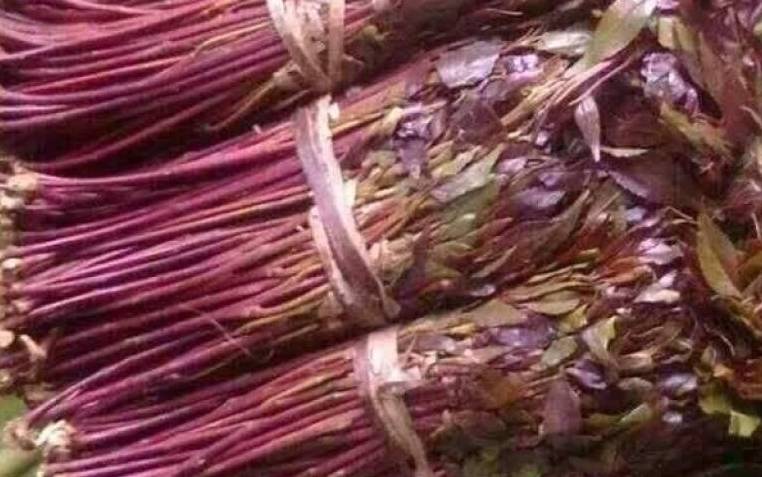×
The Standard e-Paper
Kenya’s Boldest Voice

For the uninitiated, chewing miraa can be a turn-off, coming as it were, with stained teeth caused by munching green leaves and twigs.
For others, the thought of carrying around bundles of leaves and twigs makes chewing miraa a no-go zone.